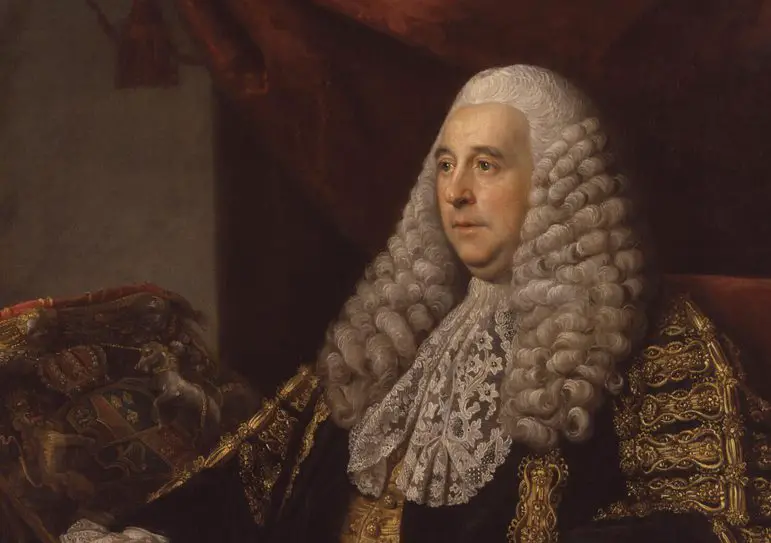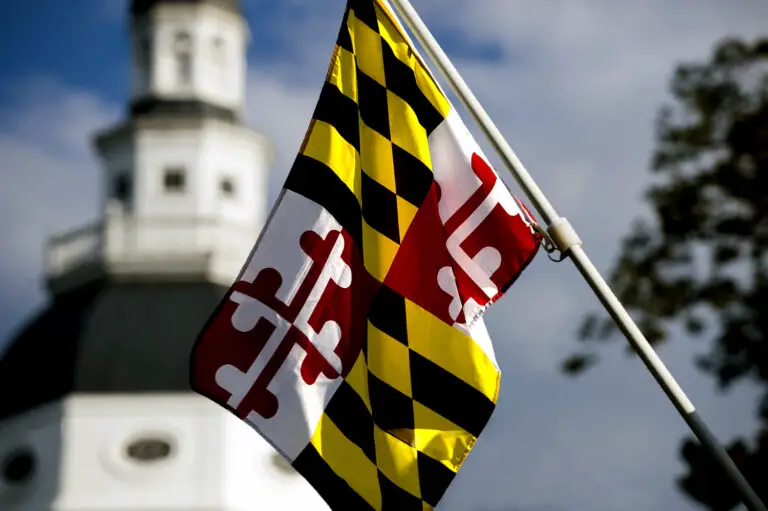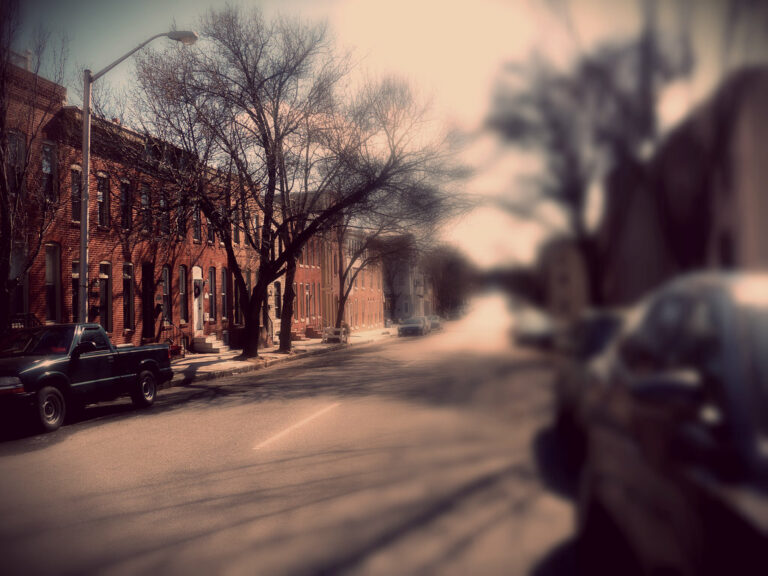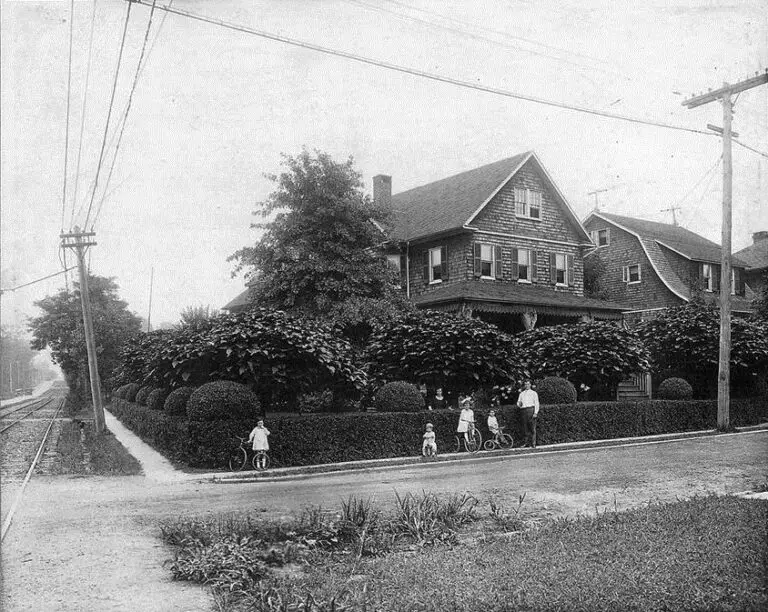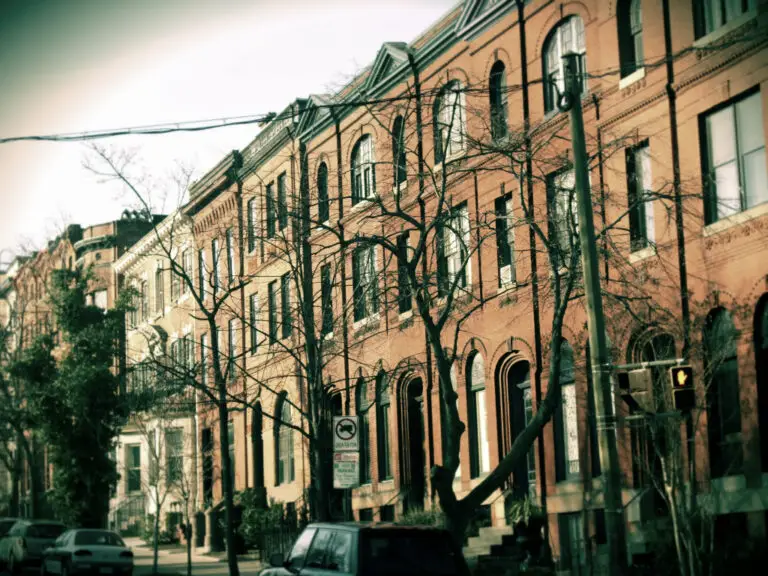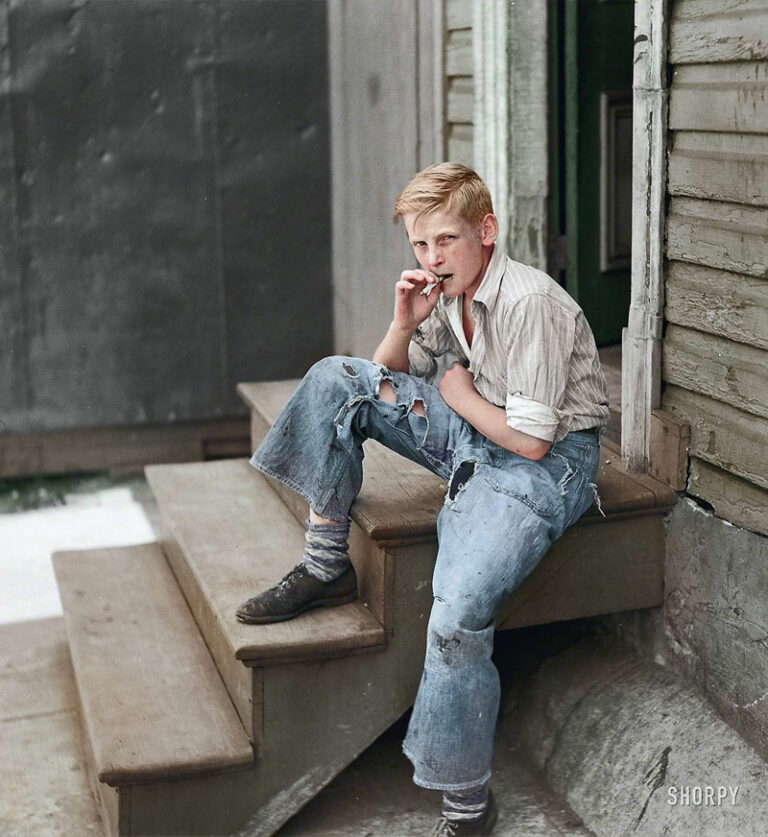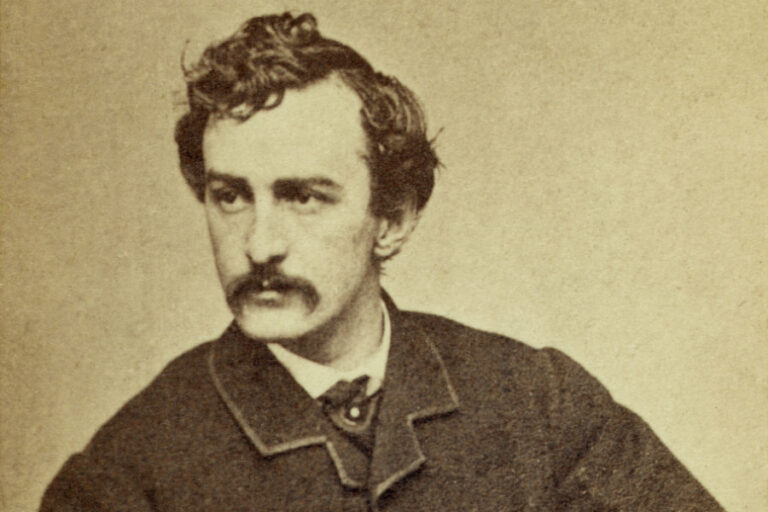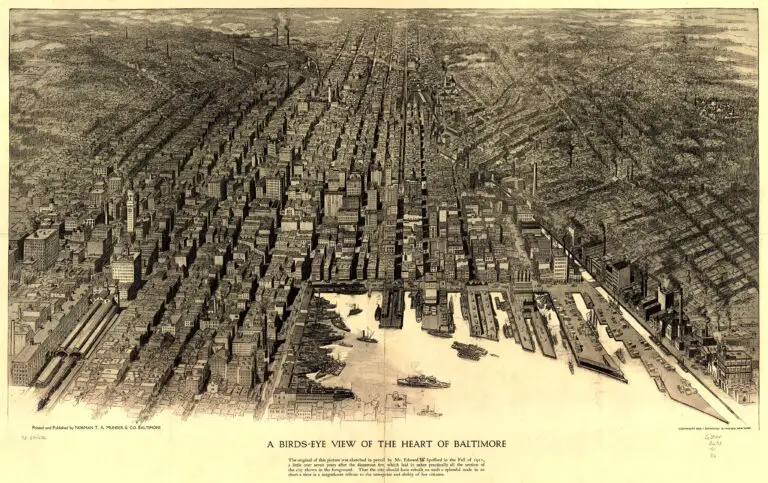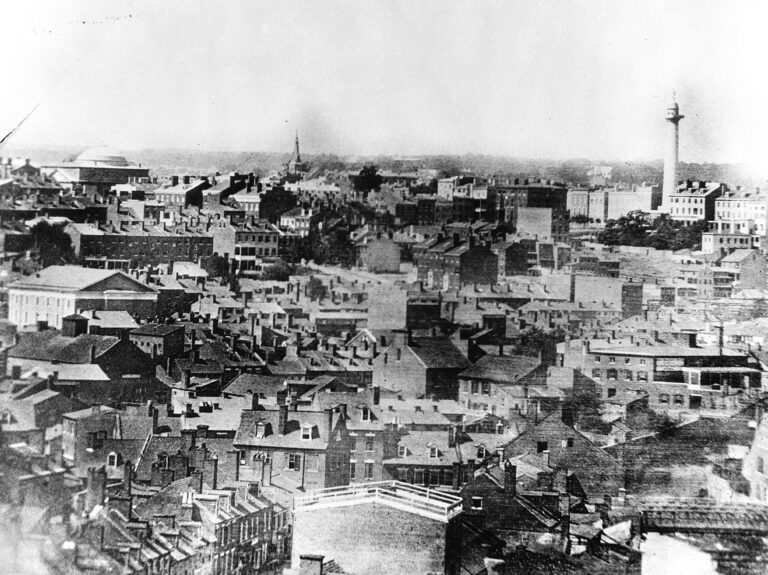Lucky for you, we dug up an interesting article in the Baltimore Sun from September 9th, 1951, exactly 62 years ago today.
Many think that Pratt St. is named for Enoch Pratt, the noted Baltimore businessman and philanthropist (e.g., Enoch Pratt Free Library). On the contrary, the street is named for someone who never set foot in Baltimore, much less the United States: Charles Pratt.
So, who’s this dude, Charles Pratt? He was the first Earl of Camden, in England, a lawyer, judge and Whig politician in the 18th century. While a member of the House of Lords, he was one of only five to vote against the Declaratory Act, insisting on parliament’s right to tax the American Colonies. His argument was that taxation required the consent of the taxed, and in addition, that required representation in parliament, which the colonies did not have.
Below is an excerpt from the article.
One of the city’s busiest and most important streets is named for a man Baltimoreans had a good reason to idolize–although he lived in a country they had good reason to hate.
The street is Pratt street; it preserves the name of Charles Pratt, Earl of Camden, who fought hard and well in Britain’s House of Lords for the repeal of the Stamp Act, that despised bill which imposed a tax upon Colonial Americans.
…
-ad 108-In Baltimore, the city’s principal water-front street was renamed for Pratt, Camden street is supposed to have been named in his honor, too–although some historians believe it could have been named in honor of the Revolutionary battle of Camden, S.C., where Maryland men fought and died.
…
England and her American colonies drifted further apart in the next few years, Pratt, with a few others in the Government tried to keep them together.
When the split finally came, he opposed the war. When England began to raise troops without an act of Parliament, he once again cited the Constitution.
In 1781, gout-ridden and wearied by constant struggle, the Baron retired to his manor in Kent. It was for good, he said; but the next year he was back in London, speaking his mind on such heavy problems as independent rule for Ireland.
In 1786, he was made First Earl of Camden. From then on, he periodically retired, always to come back again. He died in 1794, still the “Watchdog of the Constitution.”
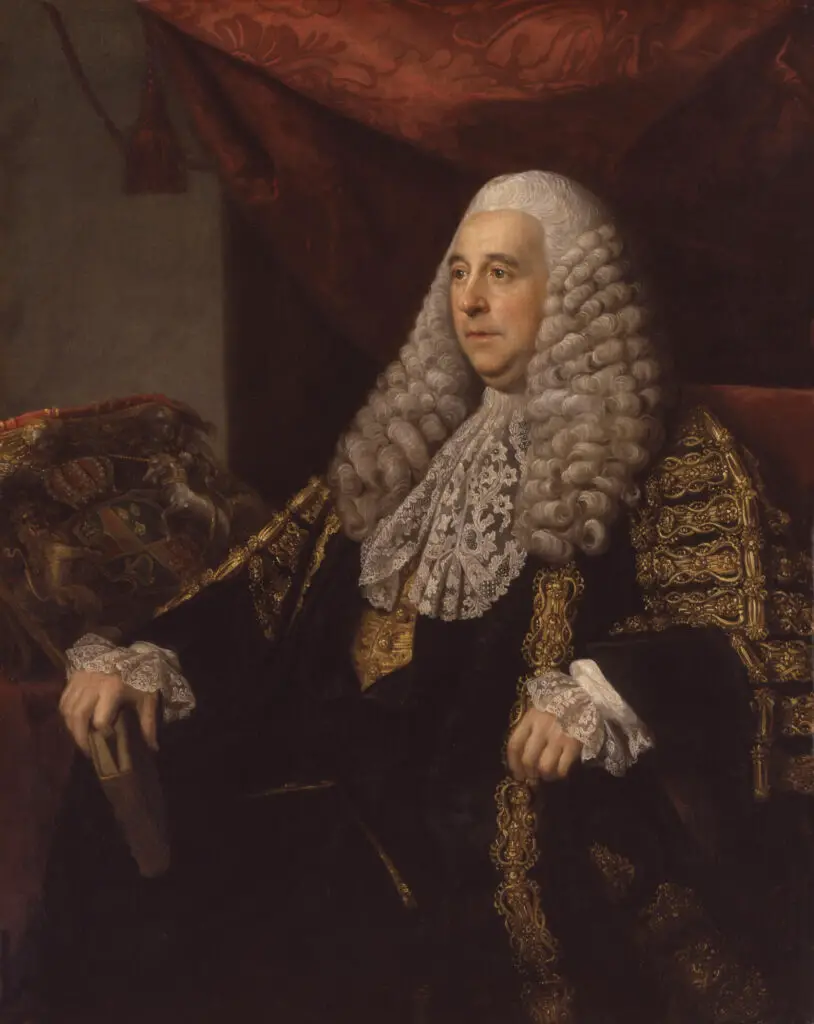
Source: Wikipedia
